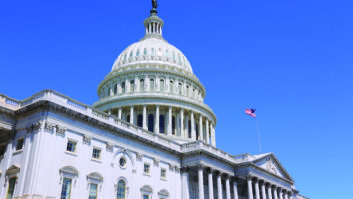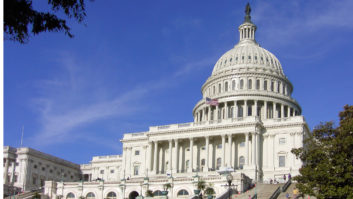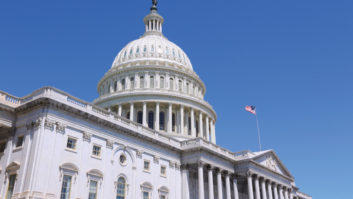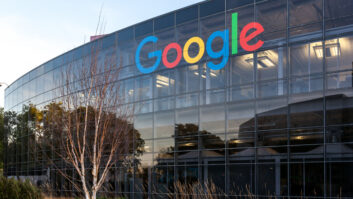The Anti-Spyware Act
Nov 1, 2004 12:00 PM, by Kari Taylor
In an effort to control “illicit indirect use of protected computers,” the U.S. House of Representatives passed the Internet Spyware Prevention Act with a 415-0 vote on Oct. 7, 2004. Sponsored by Rep. Bob Goodlatte, R-VA, the bill states that whoever intentionally accesses a protected computer without authorization and uses that program or code for illegal acts will be fined, imprisoned for a maximum of five years or both.
The bill was prompted by an increase in software and electronic communications used by criminals to invade individuals’ and businesses’ computers; particularly the use of spyware and phishing scams. These schemes are often used to obtain personal information, such as bank account and credit card numbers.
If this bill passes in the Senate, which is currently not in session, a sum of $10 million will be appropriated to the Attorney General for prosecution of users of spyware and the practice called phishing. However, the bill does not pertain to international companies such as CWS.
The House also passed another anti-spyware bill called the “Spy Act” two days prior to the Goodlatte bill. This bill, sponsored by Rep. Mary Bono, R-CA, would add hefty civil penalties over the use of spyware. Lawmakers are expected to combine these two bills for a vote by the end of the year.




